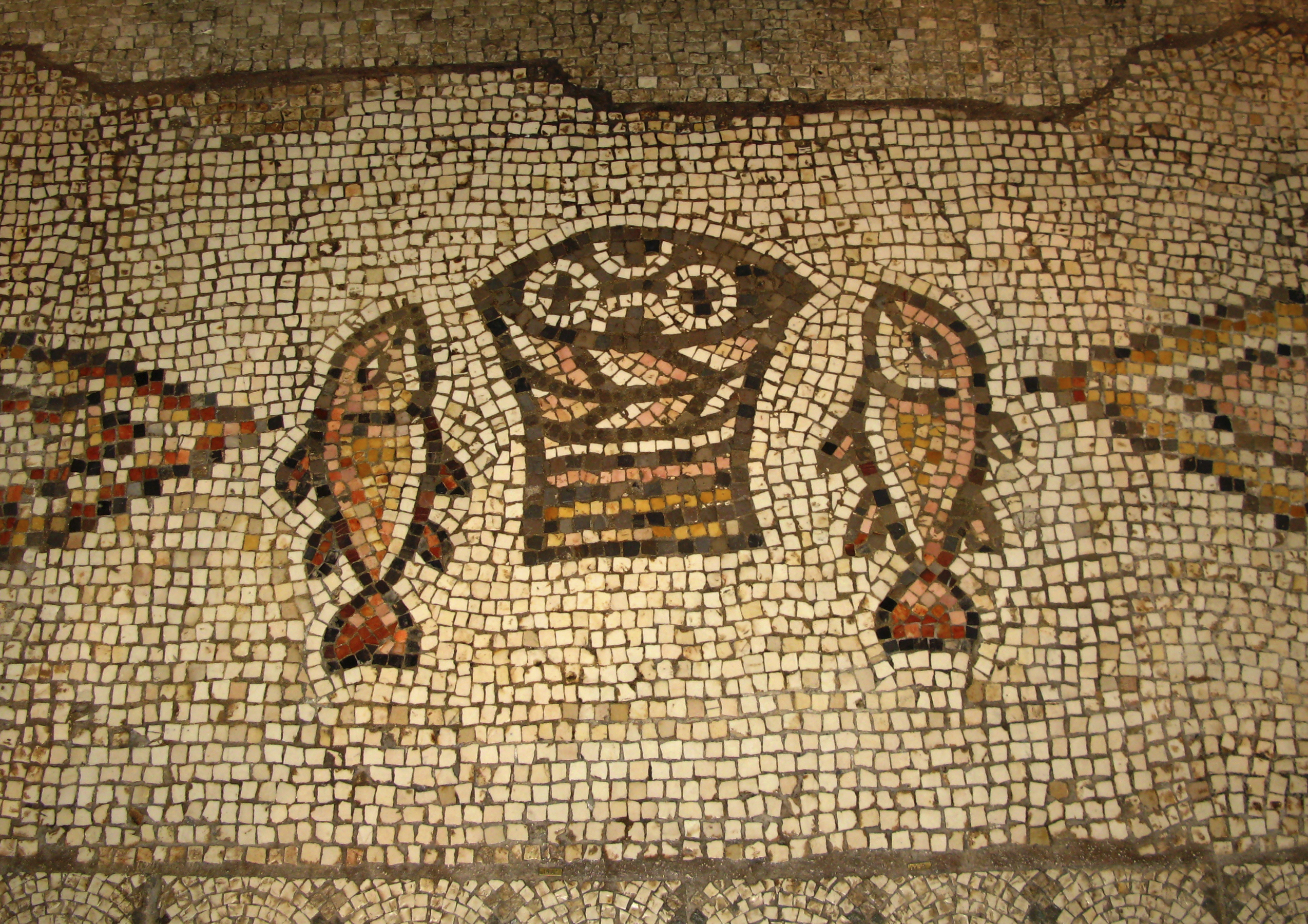
Sharing the Eucharist: A discussion paper
INTRODUCTION
For a long time the different Christian Churches emphasised their disagreements. The Ecumenical Movement has encouraged us to focus on our agreements. By attending each other’s worship and sharing our faith experiences (especially in small groups), many Christians now recognise how much we have in common. For example members of the Roman Catholic and Uniting Church in Australia share much in their understanding of the meaning of sacraments and worship, of prayer and spirituality, and of the central role of Jesus in the life of faith.
This paper states simply and briefly some of the shared positions and differences that one ecumenical dialogue group has recognised. It is not presented as and “official” document of either of our two Churches. We hope that other groups (house churches, ministers’ associations, inter-church councils, study groups, etc.) will find it useful.
At the end of the paper we list some suggestions for further reading. These include the references used in the paper.
THE SACRAMENTS
The Uniting Church recognises two Sacraments- the visible acts of Baptism and the Lord’s Supper. In them Christ himself acts, conferring forgiveness, fellowship, new life and freedom. (Basis of Union, pp.8).
The Roman Catholic Church identifies seven special celebrations of the Christian community, each offering a distinctive experience of Christ, the Sacrament. Through them Christ’s followers recognise his presence in their midst and receive, through signs, the power of salvation that he offers them. (The Word Dwells Among Us, pp.151-152).
HOLY COMMUNION / EUCHARIST
The UCA “acknowledges that the continuing presence of Christ with his people is signified or sealed by Christ in the Lord’s Supper or the Holy Communion, constantly repeated in the life of the Church. In this sacrament of his broken body and outpoured blood the risen Lord feeds his baptised people on their way to the final inheritance of the Kingdom.” The purpose of this Sacrament is for the building up of the Body of Christ in the world. (Compare Basis of Union, p9)
The Roman Catholic Church believes that the Eucharist contains and expresses the Church’s entire spiritual treasure, that is, Christ himself, our Passover and living bread. Made living and life-giving by the Holy Spirit, Christ offers life to us. In the Eucharist we are invited and led to offer ourselves, our work, and all creation together with Christ. Hence the Eucharist shows itself to be the source and summit of the whole work of preaching the gospel. (Compare decree On The Ministry And Life Of Priests, p.5).
BAPTISM, PARTICIPATING IN COMMUNION, PRESIDING AT EUCHARIST
The two Churches accept each others’ baptisms as valid
Both Churches welcome at worship their fellow Christians.
In the UCA all who are baptised are welcome at the communion table. Indeed, the UCA offers an open communion table to all “who love the Lord”. The present teaching of the RC Church is to invite only its own members to take communion in Catholic churches.
The UCA allows some lay people, in exceptional circumstances, to preside at the sacraments with the people with whom they are in ministry. This is not possible in the RC Church. Presiding and ministering at sacramental celebrations, especially the Eucharist is limited to ordained priests. (Compare The Word Dwells Among Us, p. 102.)
QUESTIONS AND ACTIVITIES
- Have you ever attended the worship services of other denominations? If so, how did you feel before, during and after these occasions? In what ways was the worship similar to that in your own church, and in what ways was it different? Consider organising exchange visits” and follow-up discussions for your group.
- How much do you think different ways of worshipping have to do with essential matters of faith and belief, and how much with matters of form, style, custom, and local tradition?
- Is there any special significance in the terms we use to talk about Sacraments? What do you understand by the word “sacrament”? Which of these terms do you most frequently use: “Holy Communion”, “Eucharist”, “Lord’s Supper”, “Mass”? Do you ever use the terms “real presence” or “transubstantiation”? If so, when?
- How important is it for Church members to follow their Church’s teaching on ecumenical matters? For example, Roman Catholics sometimes receive Communion when attending Uniting Church services. Similarly Uniting church members sometimes take communion when attending a Catholic Mass. How do you feel about this? For example, do Catholics feel embarrassed? Do Uniting Church members feel excluded?
- What connection do you see between Ordination and presiding at the Sacraments? Does it make a difference if your Church does/does not consider Ordination a Sacrament? Does it make a difference if one does/does not see Ordination as effecting an essential change in the person ordained?
- Invite Christians from a wide variety of Churches to share their beliefs and practices concerning Sacraments with your group.
REFERENCES
- The Basis Of Union (Melbourne: Uniting Church Press, 1992).
- The Word Dwells Among Us: A Summary of Catholic Beliefs and Practices for Teachers in Schools and Parishes, Education Committee of the Australian Catholic Bishops Conference (Melbourne: Collins Dove, 1991).
- Decree On the Ministry And Life Of Priests (Presbyterorum Ordinis), in A. Flannery (ed.) Vatican Council 11, The Conciliar and Post Conciliar Documents (Dominican Publications, 1975), Document 63.
FOR FURTHER READING
- K Osborne, Sacramental Theology: A General Introduction (Paulist Press, 1988).
- J.F. White, The Sacraments Of God’s Self-giving: Sacramental Practice And Faith (Abingdon, 1983)
MEMBERS OF THE DIALOGUE
Rodger Bassham
Bronte Bunney
Valerie De Brenni
Stephen Downs
Patricia Fox
Victor Hayes
Joan Housego
Robert Isles
Wendy Prior
Judith Raftery
Michael Trainor
1994
